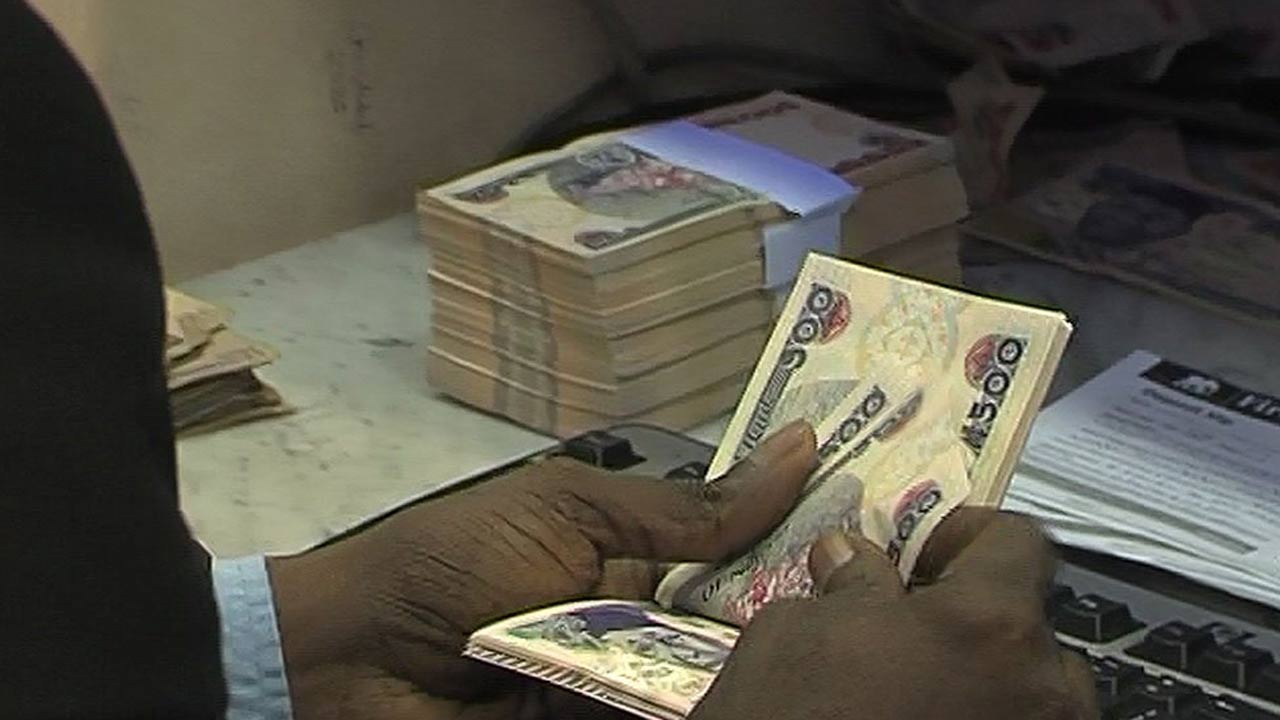For the first time this year, Nigeria’s money supply has seen a notable decline, closely linked to the Central Bank of Nigeria’s (CBN) recent hike in interest rates.
Data from the apex bank shows that Money Supply (M2) marginally decreased to N92.3 trillion in March 2024, down from a record N93.9 trillion in February. The April data is awaited as the CBN prepares for its Monetary Policy Committee (MPC) meeting to discuss future actions.
This slight decrease in money supply is expected to be welcomed by the MPC officials, who will convene next week to deliberate on the next steps for their hawkish interest rate policy. The reduction reflects the complex dynamics of monetary policy and its broader economic impact.
Over the past two years, Nigeria has experienced a significant rise in money supply due to expansive monetary policies under the Buhari administration. For instance, Money Supply (M2) surged from N51.7 trillion to a peak of N93.9 trillion in February.
Under Governor Godwin Emefiele, the CBN has lent over N20 trillion to the government through the controversial Ways and Means provision. Additionally, trillions were injected into the economy as intervention funds to stimulate growth and support various sectors.
Money supply, a crucial economic indicator, represents the total monetary assets available in an economy at a specific time. It includes various forms of money, such as cash, demand deposits, and other bank deposits easily convertible to cash. Economists categorize money supply into different aggregates, primarily M1, M2, and M3, each representing different degrees of liquidity.
Key Highlights from the Data
- Money Supply (M2): Decreased from N93.9 trillion to N92.3 trillion, reflecting the drop in quasi-money despite the rise in narrow money.
- Quasi Money: Fell from N63.69 trillion to N59.8 trillion, indicating a shift in the types of assets held by the public, likely influenced by higher interest rates.
- Demand Deposits: Rose from N26.8 trillion to N28.8 trillion, suggesting a preference among depositors for more liquid forms of money.
- Currency Outside Banks: Increased from N3.4 trillion to N3.6 trillion as more Nigerians moved towards cash following the end of the controversial new naira note policy.
Impact of Higher Interest Rates
The CBN’s decision to raise interest rates aims to control inflation by making borrowing more expensive and encouraging saving. Higher interest rates typically lead to reduced consumer spending and lower business investment due to the higher cost of credit.
The CBN seeks to tame inflation and stabilize the economy by tightening monetary policy. However, this shift also underscores the delicate balance in managing economic growth and controlling inflation. As the economy adjusts to these changes, careful monitoring of money supply aggregates will be essential in assessing the long-term impacts of the CBN’s policies.
This monetary tightening can lead to a contraction in the money supply as people and businesses shift their funds into higher-yielding savings accounts and fixed deposits, thus decreasing the more liquid forms of money in the economy.











